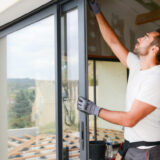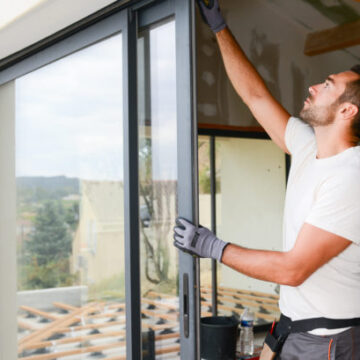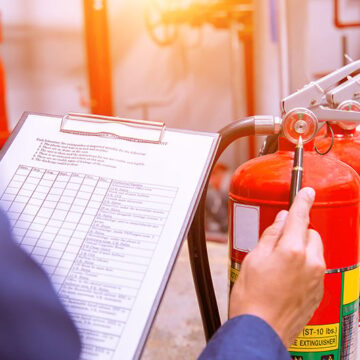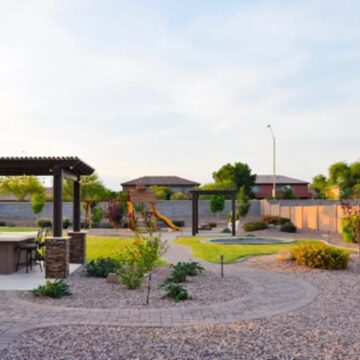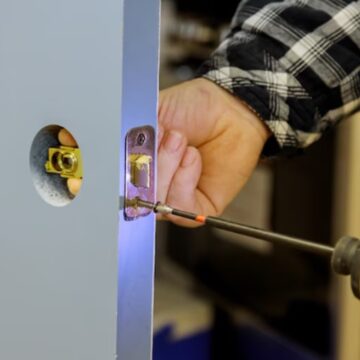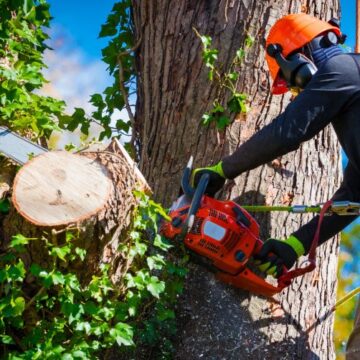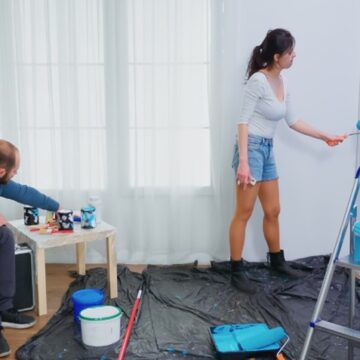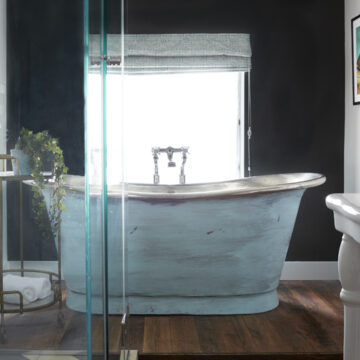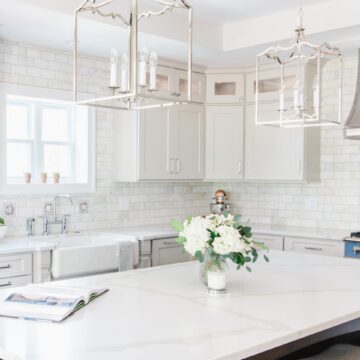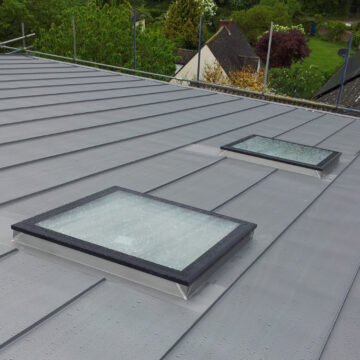Swimming pools are a fun and healthy way to enjoy yourself at home. Your neighbours will be wishing that they had one too. But people who do not own pools may not realize that they are not only expensive to install, but they come with a laundry list of regulations that need to be observed. And regular maintenance is needed if you want your pool looking right. You will also have to protect your pool from unwanted guests. There can even be issues with wildlife that could find your pool to be a convenient watering hole. But if you have the right approach to owning a pool these issues will not be a big concern. Having your pool inspected will highlight the areas where attention is needed, and you will learn the best practices to follow.
- Around the Pool: A pool inspector will be looking for hidden dangers related to the pool. An Internet search will help you arrange pool inspections in Kings Langley. During the inspection, the entire surrounding area of the pool will be considered. The outer area includes the decking, the fence, the gates to the pool, and any hazards that exist in between. The fence will have to comply to height standards and must be close enough to the ground to keep anyone from climbing underneath. The gate latch should be childproof and secure enough to resist being shaken open. The decking must be free of cracks and damage, and not present any obvious hazards. They will also check to see if you have adequate safety systems in place.
- In the Pool: The Pool will be checked for cracks and sharp edges; all the ladders and entryways will be inspected to see if they are in good condition. The electrical system will be checked for proper installation and potential shorts. This will include an inspection of the heater if there is one. A pool inspector will also have a look at the pump and the plumbing to ensure that there is sufficient redundancy, to make sure no one can become stuck to an inlet. Pool inspectors also check to see if the water quality is safe for public use.
Pools that pass inspection do so because they are well managed, and all the hazards are considered. If you follow this approach, it is likely that you will have a much better experience overall with your pool. Most of the problems related to pools are connected to the issues that are regularly caught by inspection. Knowing what to look for will make your maintenance easier and reduce your costs as well.

